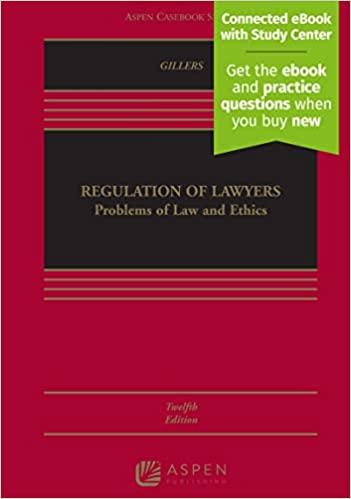Question
The United Arab Emirates (UAE), a country in the Middle East, held a competition for the architectural design of a new embassy it intended to
The United Arab Emirates (UAE), a country in the Middle East, held a competition for the architectural design of a new embassy it intended to build in Washington, DC. Elena Sturdza, an architect licensed in Maryland and Texas, entered the competition and submitted a design. After reviewing all the submitted designs, UAE notified Sturdza that she had won the competition. UAE and Sturdza entered into contract negotiations, and over the next two years, they exchanged multiple contract proposals. During that time, at UAE's request, Sturdza modified her design. She agreed to defer billing UAE for her work until the execution of their contract. At last, UAE sent Sturdza a final agreement. Sturdza informed UAE that she assented to the contract. Without explanation, however, UAE stopped communicating with Sturdza. UAE hired another architect to design the embassy. Sturdza filed suit against UAE to recover damages for breach of contract or, alternatively, under the equity doctrine of quantum meruit, to prevent unjust enrichment to UAE. UAE defended, alleging that because Sturdza did not have an architectural license issued by Washington, DC, she could not recover damages. Sturdza v. United Arab Emirates, 11 A.3d 251, 2011 D.C. App. Lexis 2 (District of Columbia Court of Appeals, 2011)
- What is an illegal contract?
- Is this contract enforceable? Why or why not?
- Was it ethical for UAE not to pay Sturdza? Could UAE have paid Sturdza without violating the law?
- Do you agree with the outcome of the case? Why?
Step by Step Solution
There are 3 Steps involved in it
Step: 1

Get Instant Access to Expert-Tailored Solutions
See step-by-step solutions with expert insights and AI powered tools for academic success
Step: 2

Step: 3

Ace Your Homework with AI
Get the answers you need in no time with our AI-driven, step-by-step assistance
Get Started


